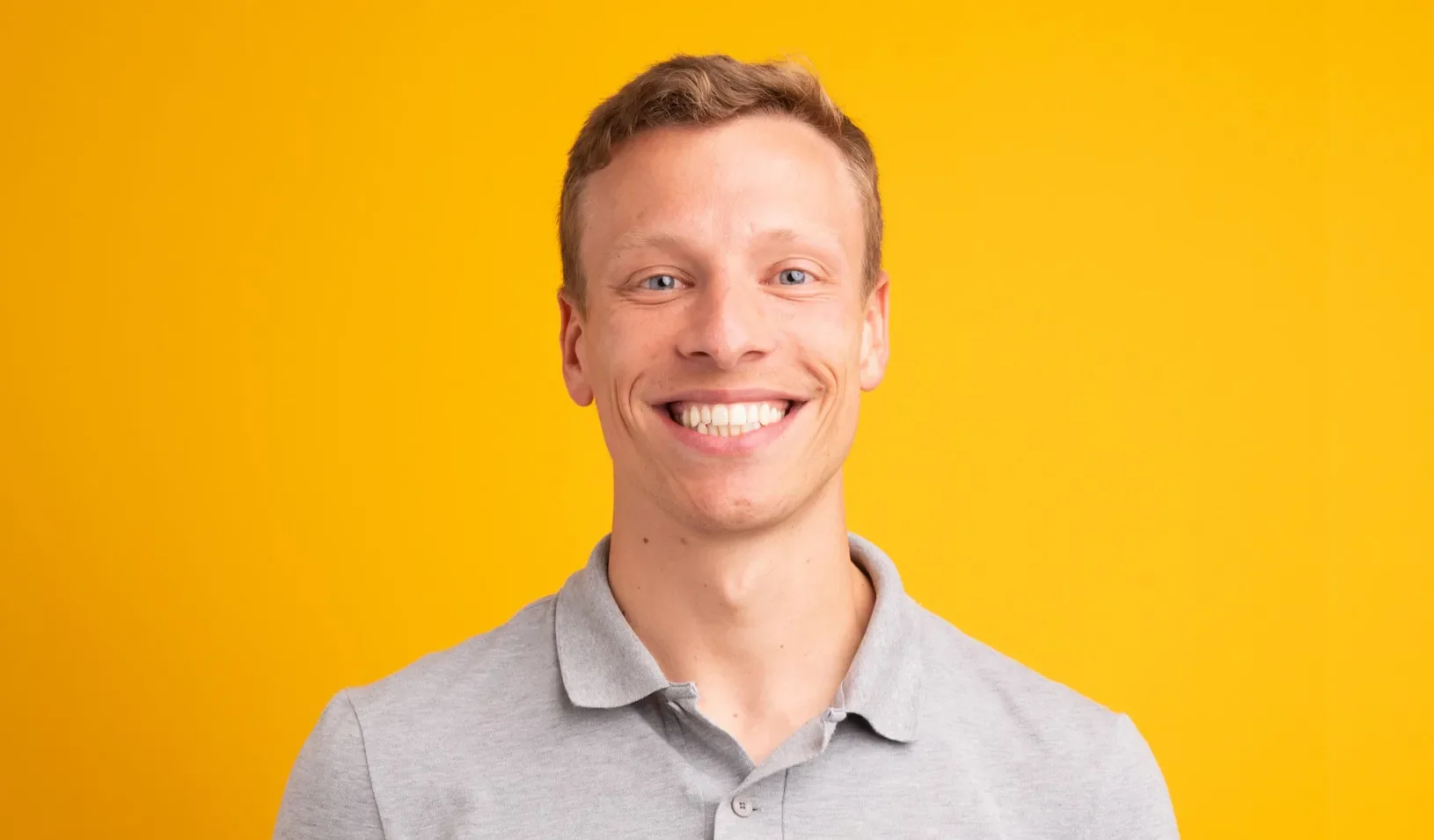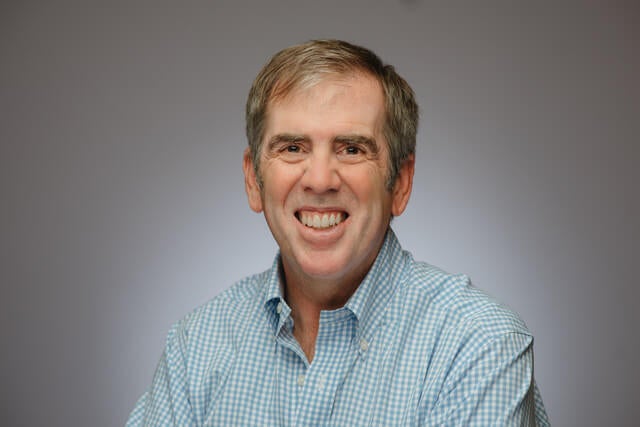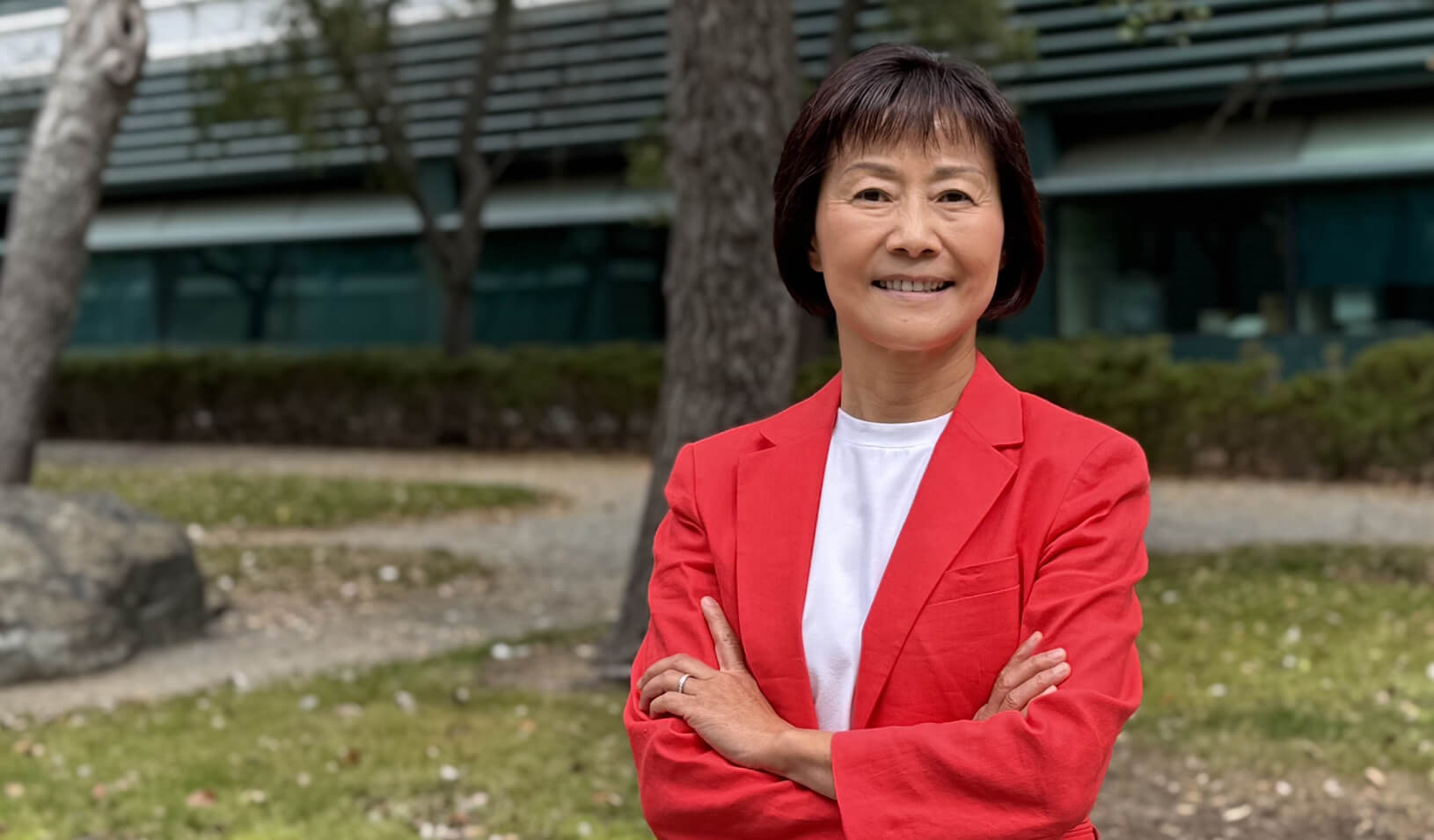Executive Lays the Groundwork to Becoming a Chief Operating Officer
Joseph Appert was seeking the skills to drive innovation, operational excellence, and value creation when he discovered The Emerging COO program.
June 13, 2024

“I solve a lot of problems,” says Joseph Appert, managing director of Babymoov North America — a premium brand of baby and pregnancy products, headquartered in France. “It’s usually the big ones that fall on my desk,” he says with a smile.
Joseph, who grew up in Cognac, France, joined Babymoov in 2016 as its first U.S.-based business developer — charged with expanding the brand’s reach in this new territory. “I specialize in helping European brands grow in the U.S. market and globally,” he says. He moved to New York City and put his sales and e-commerce skills to work; Babymoov has since gained a foothold in national retail stores and online marketplaces. Joseph flourished in his sales role and eventually took on a higher-level business leadership position within the organization, including operations.
One of Joseph’s aspirations is to become a chief operating officer (COO), a complex role that cuts across functions and demands expertise in multiple areas, including hiring, finance, production, policymaking, and marketing.
As managing director, he feels he is already performing many COO duties. “I am managing employees and reporting back to headquarters on profit and loss (P&L),” he says. “I also deal with compliance and supply chain. I have to wear many different hats, just like a COO. Adding operational excellence to my sales background could help set me up for future success.”
Joseph earned his bachelor’s in business administration in France and had taken other business courses stateside. To prepare himself to move up into the C-suite, however, he felt he needed additional education.
“I was looking for something specialized,” Joseph recalls. “I was going after the skills that are behind innovation, operational excellence, and how value is created within a company.”
The desire to become a dynamic COO in today’s global marketplace led Joseph to Stanford Graduate School of Business (GSB). He found that the Executive Education program The Emerging COO: Driving Innovation and Operational Excellence met all his needs, and then some.
Developing the Skills to Lead
Joseph attended the hybrid program, which features two self-paced and live online modules along with one full week of on-campus learning over the span of about three months. “The program was perfect, because I wanted to do a deeper dive into some of the subjects, and not just study for a week or weekend,” he says.
The Emerging COO program is designed to provide business leaders with the skills to drive operational innovation and implement operational excellence in their organizations. Joseph appreciated that the curriculum covered areas he had expanded into, including strategic leadership, finance and value creation, artificial intelligence and data science, and culture and operations.
“Learning about design thinking at Stanford was huge,” he says. “It’s very present in my mind now — to take a customer-first approach, along with prototyping, testing, failing, learning, and growing from there. Leading by design for my team also really stuck with me.”
The one-week, on-campus segment of the program brought everything Joseph was learning about being a COO to life — as he learned alongside other business leaders from all over the world. “It was great to see people from completely different industries who were facing the same challenges as I was,” he says. “The networking got me out of my East Coast bubble.” The cohort stays in touch on WhatsApp, and some continue to meet in-person in New York City.
Expanding a Leadership Role
Joseph says over the course of the program, he gained a firmer grasp of what it means to be a COO. He continues to ask himself the big questions as he develops his role as an operations leader in an international, e-commerce marketplace. “How do we create value within the company?” he says. “How do we innovate? How do we implement processes to make the business more efficient, more profitable? And how do we create a culture to retain people longer, to add value?”
Looking back on his Executive Education experience, Joseph says he gained the knowledge, insights, and skills he needs to move into a COO position. “I wanted a program where I would be exposed to very different ideas,” he says. “Learning from Stanford professors, with people from different states and continents, was very refreshing.”


